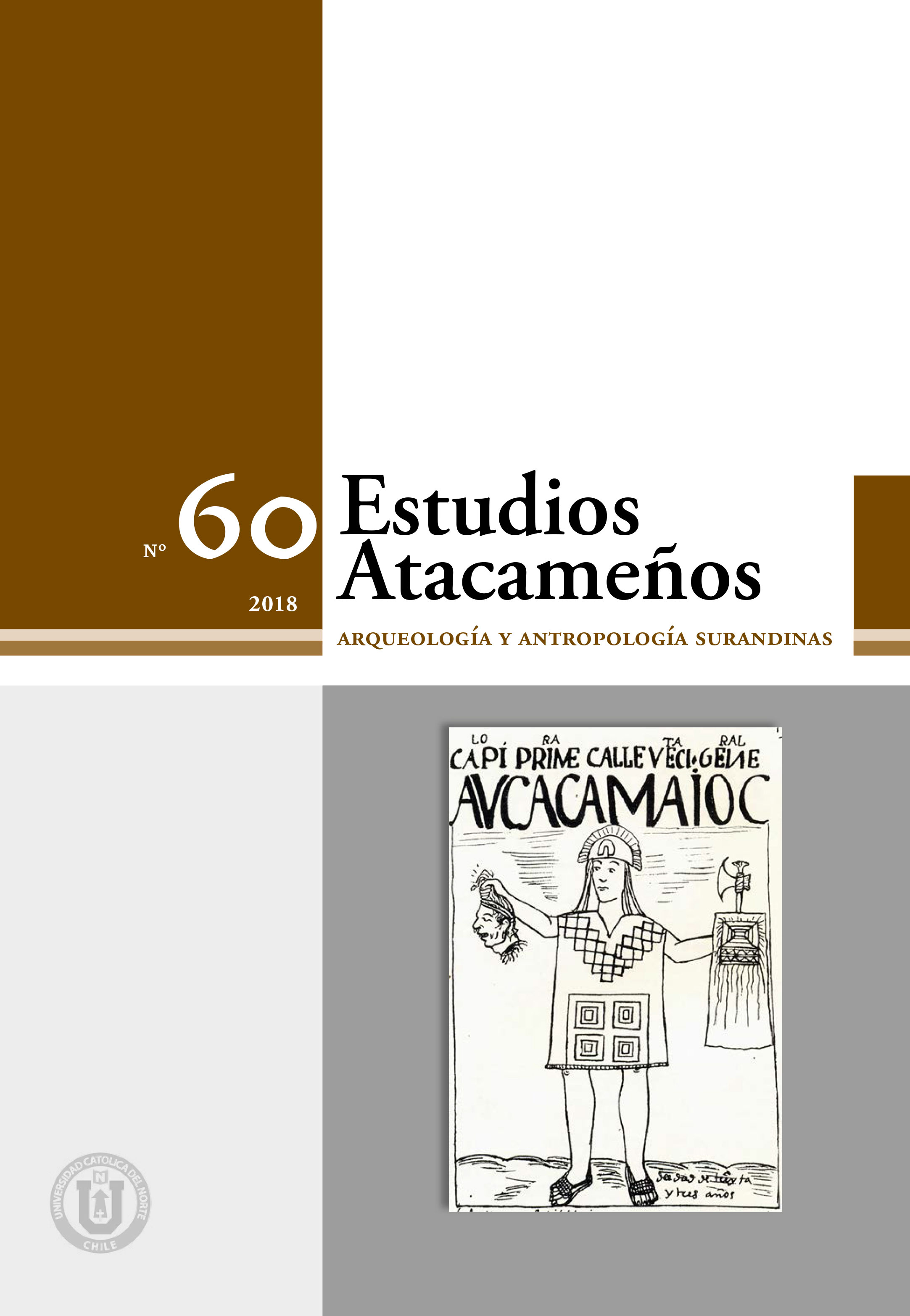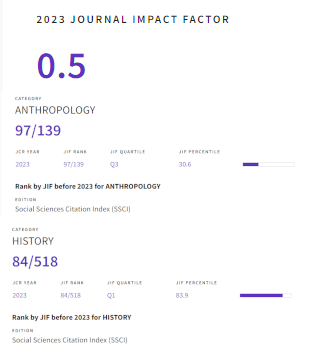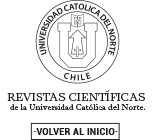Archaeology of colonial rupture: mouros, chullpas, gentiles and abuelos in España, Bolivia and Chile in a compared perspective
Keywords:
archaeology, colonialism, ancestors, multiculturalism, heritageAbstract
This paper analyzes the impact of colonialism on the ways in which subaltern populations
establish relations of sameness and otherness with their ancestors and with archaeological
vestiges in their surroundings. From a perspective that questions the dominant dichotomous
and structural interpretation that conceived the logic of otherness as a product of intrinsic
community dynamics, this study reveals the central role of historically specific power
relations in the articulation of identity configurations. This is revealed in the comparative
analysis of the northwest region of the Iberian Peninsula, the Bolivian highlands, and the
Chilean Atacama region. The populations of the three regions present animistic beliefs in
mouros, chullpas, gentiles and abuelos, which they associate with archaeological remains under
a common logic. Starting with the Christian struggle against paganism in Europe and the
extirpation of idolatry in America, this article demonstrates how enlightened modernity,
nationalism and contemporary multiculturalism have led to different configurations of
patterns of identity and alterity, as well as alternative notions of ancestry in each case.
Archaeology has played a prominent role in these processes, subordinating local conceptions
of otherness and partaking in their heritagisation.
Downloads
Downloads
Published
Issue
Section
License

All works published in Revista Estudios Atacameños (ISSN on line:0718-1043) Revista Estudios Atacameños Creative Commons International 4.0 attribution (CC BY 4.0) licence.
Authors remain the owners of their work and may republish their articles elsewhere without having to request permission, as long as they indicate that the work was originally published in Revista Estudios Atacameños (ISSN on liine:0718-1043).












